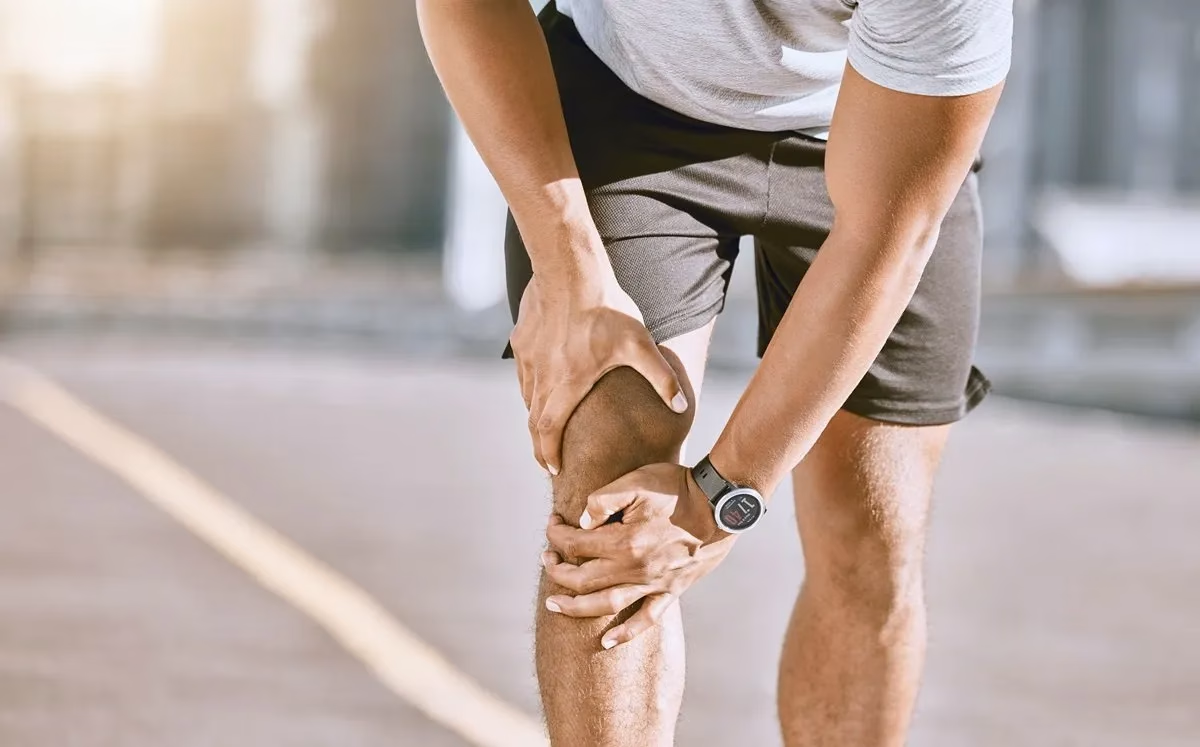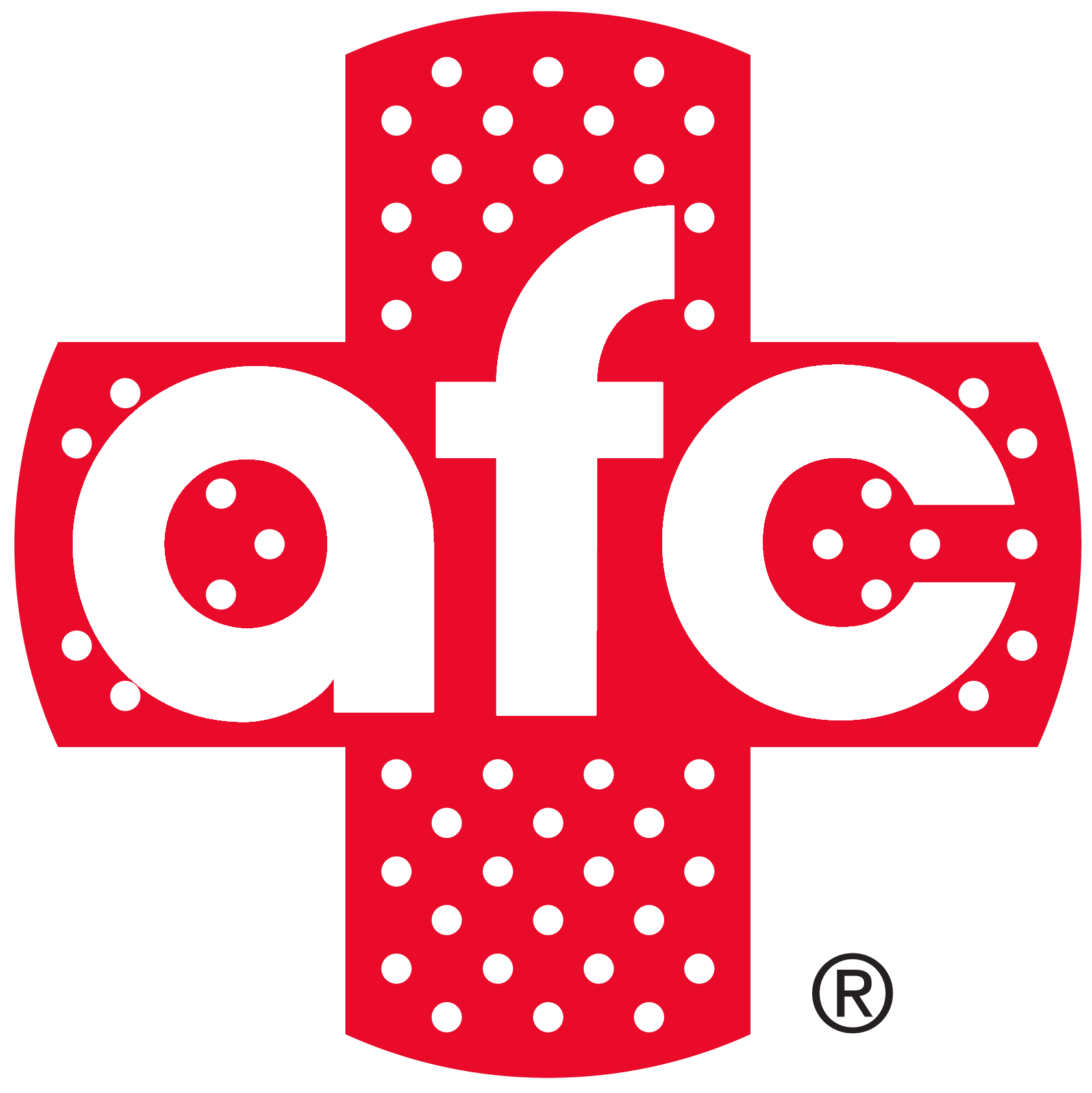Lenoir Knee Pain and Injury Treatment Near Me
Located in Lenoir, our orthopedic urgent care is here to get you back on your feet. Visit us for knee injury treatment near you, 7 days a week! Our expert team of providers is here to provide prompt diagnosis, effective treatment, and compassionate care to get you back on your feet and enjoying life to the fullest.

Pre-Register for an Appointment
Whether you have had an injury at a sports game, had an accidental fall while playing with your kids, or have been struggling with arthritis for some time now, knee pain can be a serious nuisance when it comes to our everyday activities.
Your knee, of all the joints in your body, is at the greatest risk of injury. In fact, the knee is the most injured joint by adolescent athletes with an estimated 2.5 million injuries annually, and chronic knee pain affects close to 25 percent of all adults. Persistent knee joint pain can significantly impact your daily activities, making it difficult to walk, climb stairs, and even sit and stand. There are many factors that can go into why you are experiencing pain in your knees including age, injury, and repeated stress.
Common Knee Conditions and Injuries We Treat
Symptoms of an ACL tear include:
If you can’t make it to AFC immediately after an incident, use the R.I.C.E. method. |
Rest – After an accident, get to a comfortable location as soon as possible, and rest to prevent additional strain on the injury.
Ice – Wrap an ice pack in a towel and apply it to the injury for 15 to 20 minutes. Reapply the ice every 3 hours. If you don’t have an ice pack, a bag of frozen produce will get the job done.
Compress – Put pressure on the injured area by wrapping it with an elastic bandage. Make sure the bandage is tight but not too tight. You can tell if the bandage is too tight when the injured area turns blue or starts feeling numb.
Elevate – To properly elevate your injury, position the injured area to rest above your heart. The most common way to elevate the injury is to stack several pillows under your foot, arm, ankle or leg while resting in bed or on a sofa.

Don't wait to get the medical attention you need.
CALL US TODAY | (828) 237-2287


